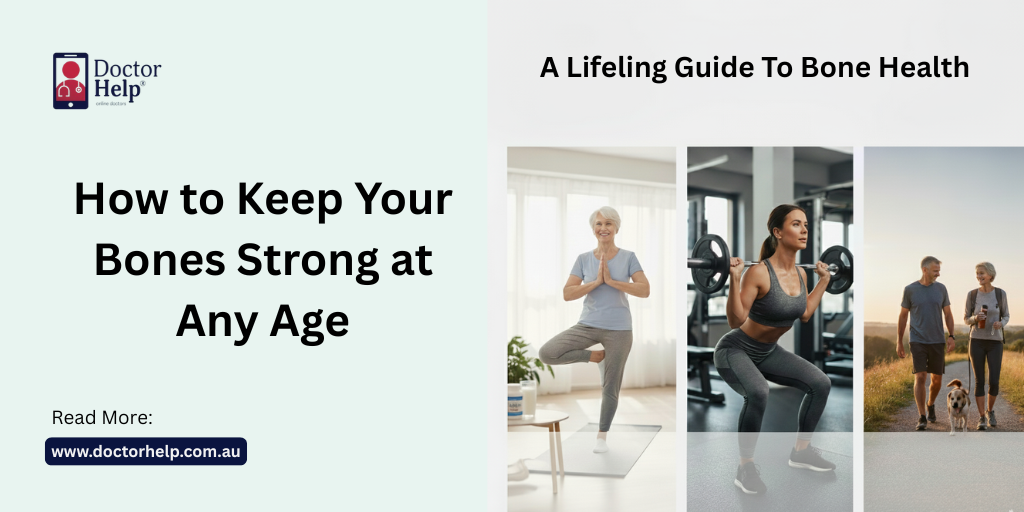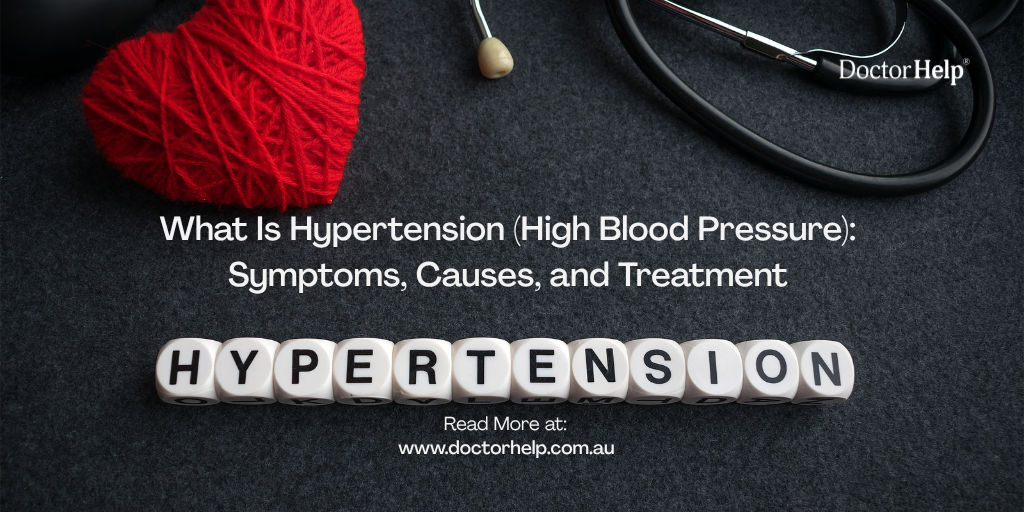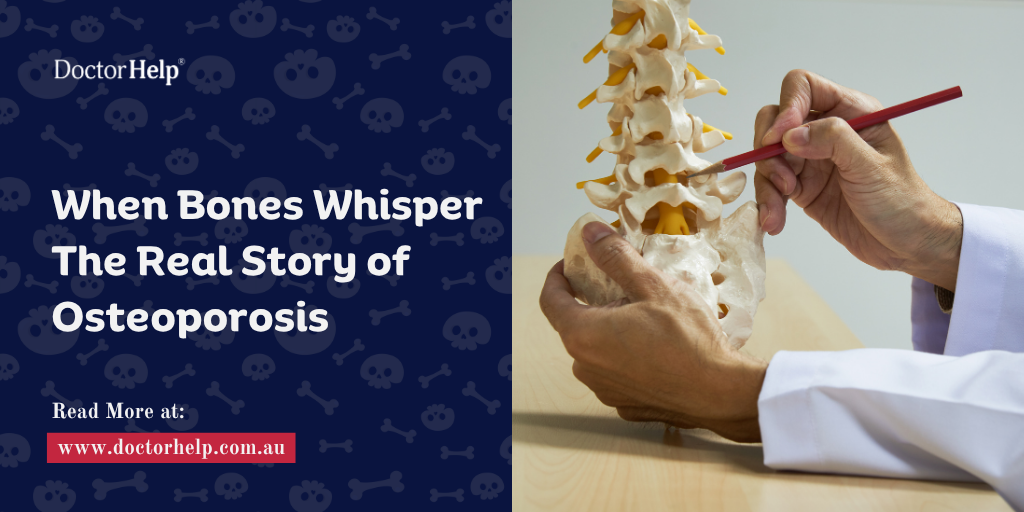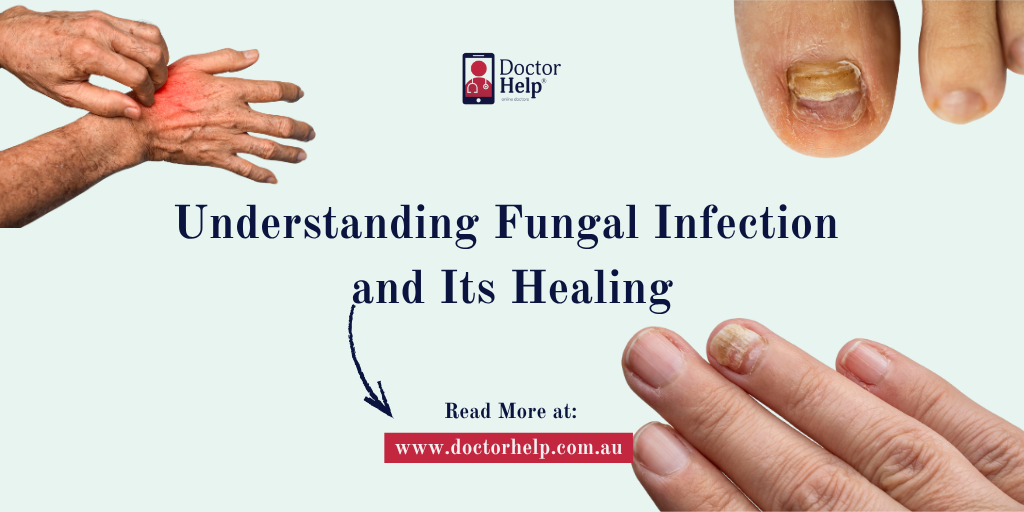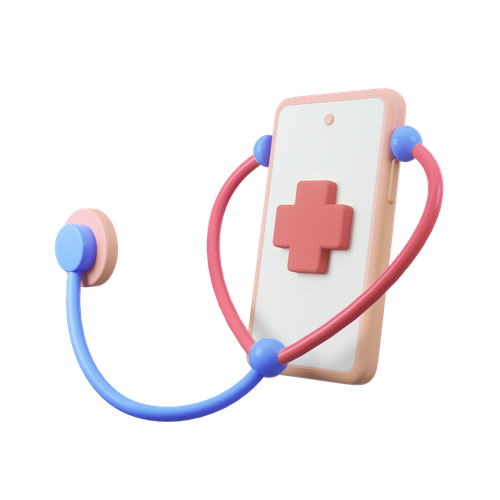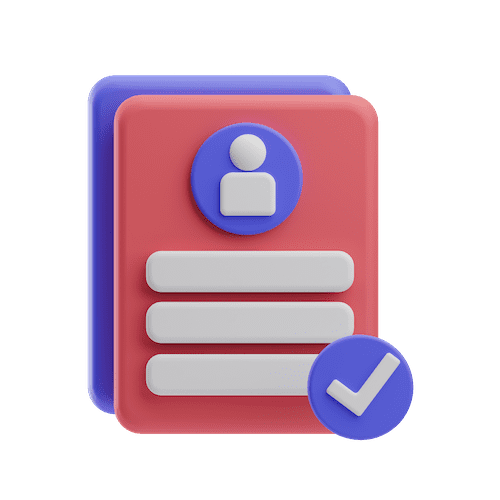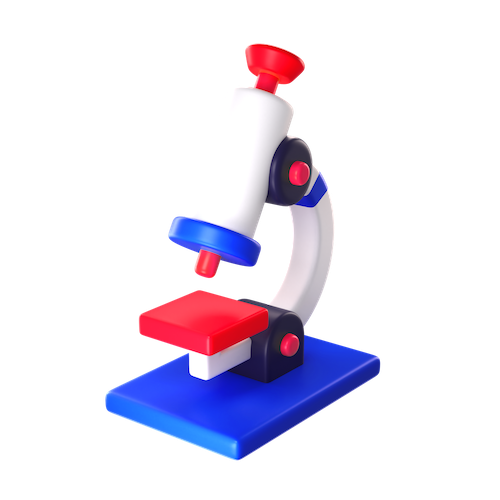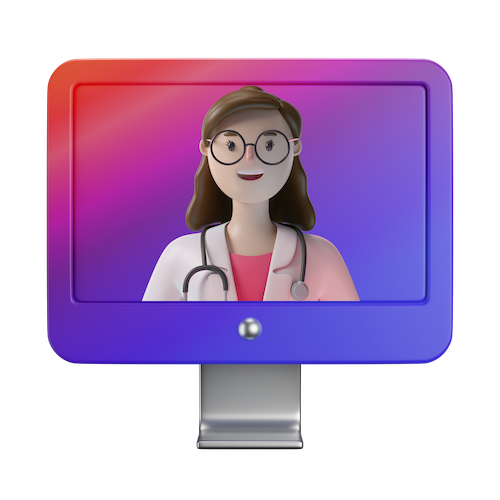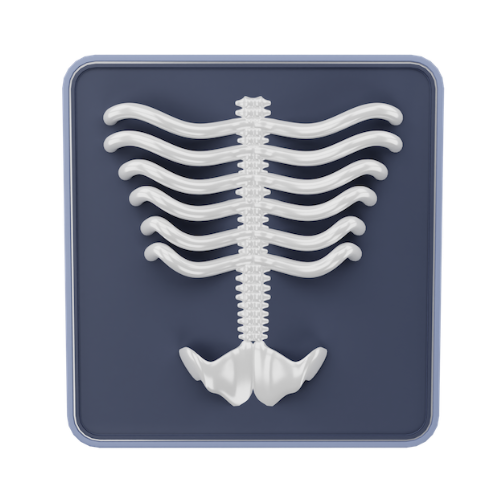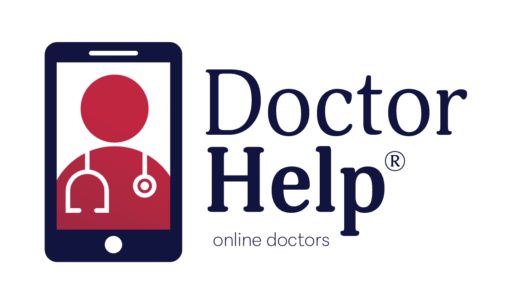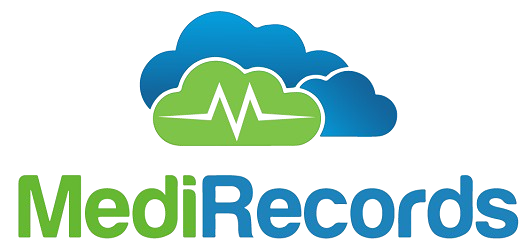Table of Contents
There’s a quiet strength inside every one of us. The bones support us, shield our organs, and get us through all the steps, jumps and dances. And like the rest of us they need care and attention as the years pass on.
In Australia, where sunshine, activity and good food are a part of our culture, it becomes easy to forget that bone health can silently deteriorate with time. According to Healthy Bones Australia, fragile bones affect 1.2 million Australians.
So, let’s talk about bone health, how to take care of bones, keep them strong, and age gracefully from the inside out.
Understanding Bone Health
When you’re young, bones grow dense and strong like reinforced concrete. However, past 30, the density gradually decreases. Lack of nutrients, exercise, or sunlight may lead to bones being brittle such that you may easily be susceptible to fractures or bone conditions such as osteopenia and osteoporosis.
The trick is very simple and very strong. You should gain strength early, keep it constantly, and feed it daily. The healthy bone is a living breathing organism, always breaking down and re-forming itself. Feed it what it wants, and it will support you as long as you live.
1. Feed Your Bones: The Power of Calcium and Vitamin D
The most preferred duo would be calcium and vitamin D as calcium provides the bones with structure, and vitamin D aids in the absorption of the calcium into the body.
Surprisingly, many Australians do not get sufficient vitamin D due to indoor living. As it is suggested, vitamin D deficiency may lead to weak muscles, pain in the bone and eventually expose you to the risk of bone fractures.
Pay attention to the low vitamin D symptoms such as fatigue, pains on the joints or mood swings. Sunlight is not always enough, your GP may check your levels and prescribe you some supplements.
As for calcium, aim for calcium-rich foods like:
- Dairy products (milk, yoghurt, cheese)
- Leafy greens (kale, bok choy, spinach)
- Tofu and almonds
- Canned salmon or sardines with bones
And don’t forget about K2 vitamins. They’re like the traffic controllers of calcium, directing it into bones instead of arteries. While research is still evolving, K2 found in fermented foods, eggs, and some cheeses may support stronger bones when paired with vitamin D.
2. Move for Strength, Not Just Fitness
You can’t out-supplement a sedentary life. Bones respond to movement, especially to impact and resistance. When you walk, lift, or jump, tiny stress signals tell your body to reinforce bone density.
Weight-bearing exercises like walking, hiking, dancing, or resistance training are golden for healthy bone development. Even yoga and Pilates help by improving balance, reducing falls, and strengthening posture.
The Australian Government recommends adults include strength training at least twice a week. It’s not just about muscles, it’s about the invisible scaffolding beneath them.
3. Understanding Bone Conditions: Osteopenia and Osteoporosis
Let’s clear up the jargon.
Osteopenia is the early stage of bone thinning. Think of it as a gentle warning sign. Bones are weaker than normal but not yet fragile. With care, this can be managed and even reversed.
Osteoporosis, however, means the bones have become porous and fragile. It’s often called the “silent disease” because you do not learn about it until a fracture lays the facts on the table.
Thankfully, osteoporosis treatment has come a long way. Options include:
- Medications that slow bone loss or stimulate new growth
- Supplements for calcium and vitamin D
- Change in lifestyle that promotes active and nutrient-packed routine.
Some people explore integrative options referred to as osteo cure therapies, focusing on natural ways to improve bone density alongside medical treatment. But always, always consult a qualified doctor or specialist first.
4. Sunlight: Nature’s Gift for Vitamin D
Australia is not a deficit in sunlight but most of us are deficient in vitamin D. It is a contradiction of modern existence. Office hours, sunscreen, and winter months limit our natural exposure.
A few minutes of morning or late-afternoon sunlight (without burning) helps your body produce vitamin D naturally. Supplements are always an option to those who cannot get enough sunlight although they must be clarified with your GP to prevent overdosing.
Maintaining healthy vitamin D levels doesn’t just benefit bones, it also strengthens your immune system and mood.
5. Nutrition Beyond Calcium
Strong bones aren’t just about one mineral. They’re built on teamwork. Magnesium, zinc, potassium are all also helpful in keeping density and structure. High amounts of vegetables, whole grains, nuts, and low-protein foods provide the building blocks necessary to your skeleton.
And do not underestimate the hydration. Dehydration may decrease the cushioning of the joints and influence the metabolism of the bone.
Moderation is important in drinking coffee or alcohol as both of them can affect calcium absorption when consumed in excess. Your bones deserve balance, not deprivation.
6. Age Gracefully with Stronger Bones
As we get older life takes its own time, but the care of bones should never cease. Simple daily habits go a long way:
- Take short walks in the sun
- Include calcium-rich foods in every meal
- Stay active with resistance bands or light weights
- Schedule regular bone density scans, especially after 50
The truth is, bone health is lifelong maintenance. You can begin when you are in your 20s, or when you are in your 70s, just be consistent. It is not too late to feed and exercise your body in the way it should be fed and exercised.
7. Listen to What Your Body Whispers
Bones don’t shout when something’s wrong, they whisper. Persistent fatigue, muscle weakness, or joint discomfort could be early low vitamin D symptoms or nutrient deficiencies.
Don’t ignore them. Your body speaks gently before it screams. Regular check-ups, blood tests, and conversations with your healthcare provider can catch issues before they escalate into fractures or chronic bone conditions.
Your Bones Tell Your Story
Think of your bones as a journal; each chapter marked by strength, recovery, and resilience. They remember your falls, your laughter, your growth. They hold you up through it all. They sustain you out of it all.
Be it osteopenia, osteoporosis treatment, or just eating more calcium-enriched foods, what matters the most is that small, regular decisions can keep you safe throughout your life.
Science gives us guidance. It is compassion that provides the determination to act upon it.
When your muscles feel pain, or you are interested in knowing how much vitamin D you have or how strong your bones are, don’t wait until the voices start to warn you.
Our telehealth specialists are here to guide you in all your needs such as personalised osteoporosis care, nutrition and supplement planning.
Book your telehealth consultation today and take the first step toward stronger bones, brighter health, and a life built on balance and resilience.
References:
Healthy Bones Australia. (2024, August 22). About Osteoporosis – Healthy Bones Australia.
https://healthybonesaustralia.org.au/your-bone-health/about-osteoporosis/
Physical activity and exercise guidelines for all Australians. (2021). Australian Government Department of Health, Disability and Ageing.
https://www.health.gov.au/topics/physical-activity-and-exercise/physical-activity-and-exercise-guidelines-for-all-australians
Department of Health & Human Services. (n.d.). Osteoporosis. Better Health Channel.
https://www.betterhealth.vic.gov.au/health/conditionsandtreatments/osteoporosis
Harvard Health. (2021, February 15). Precious metals and other important minerals for health.
https://www.health.harvard.edu/staying-healthy/precious-metals-and-other-important-minerals-for-health
Healthdirect Australia. (2025, January 15). Osteopenia. Healthdirect.
https://www.healthdirect.gov.au/osteopenia
Vitamin D deficiency. (2025, September 24). Cleveland Clinic.
https://my.clevelandclinic.org/health/diseases/15050-vitamin-d-vitamin-d-deficiency

